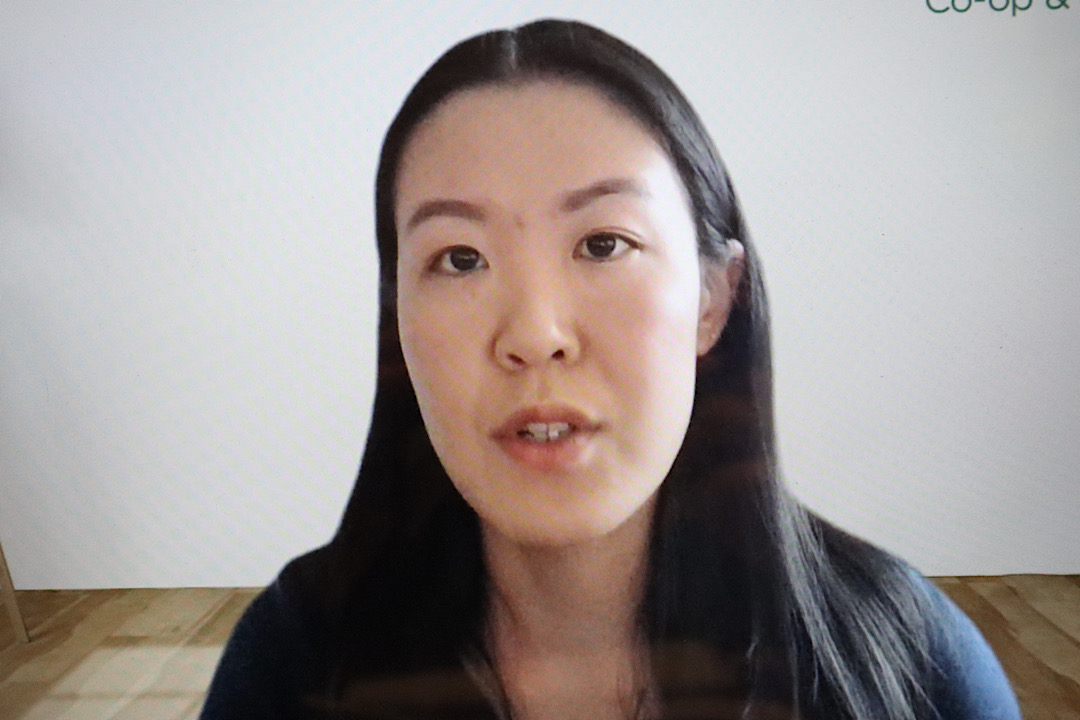The Algonquin College community left a professional communication workshop with clarity on what to do and what not to do during the job search process.
In a virtual workshop hosted by AC Co-op and Career Centre on Nov. 30, a handful of proper communication methods were discussed. From identifying the factors that make good communication to the importance of phone call etiquette and the dos and don’ts during an interview.
But what do you gain from communicating professionally while looking for a job?
“Communication is important, not just for a job, but in every part of life,” said Mira Zaatari, holder of a bachelor’s degree in medical laboratory sciences and a master’s degree in business administration.
“Good communication portrays that an individual has good people skills, and that’s an asset for anyone who is looking to hire you.”
Effective communication is important to gain interest from employers. Any form of efficient verbal communication, whether it’s spoken or written, are key skills that you should be good at to obtain most jobs, workshop participants heard.
But non-verbal communication is often underestimated.
“Being able to communicate verbally, while also skillfully interpreting non-verbal signals, will help you become a more efficient communicator in the workplace,” said Katherine Yamamoto, a career advisor for the Co-op and Career Centre.
“Not being aware of things like tone of voice, posture, facial expressions or body language can negatively affect the whole energy of a conversation when talking to an employer.”
Phone call and voicemail etiquette were also discussed, with a particular focus on why it’s important to speak slowly and clearly to the person on the other line.
Especially when it comes to voicemails, always know what you want to say with no details left behind.
“I’ve received many voicemails from people who just state their name and leave the number for me to call back,” Yamamoto said.
“With so little information, I have no idea why they are calling. In that situation, I’m not the type of person who’s inclined to return those calls.”
The workshop concluded with the interview process, highlighted by what is and isn’t appropriate to ask during an interview.
“Asking about what skills make somebody successful at this job, what a typical day on the job looks like, or what advice can the interviewer give to help the interviewee prepare for the job are all questions that show the employer your determination to be the next hire at your desired job,” said Leah Grimes, the intercultural programming support officer with the International Education Centre.
“However, if you are going to ask about the job’s pay, the amount of vacation weeks you would get or if you can apply for other jobs once you start working there, you’re insinuating that you aren’t that interested in the position you applied for.”
For further assistance on how to write resumes, cover letters or any other career planning resources, you can book virtual or in-person appointments with the AC Co-op and Career Centre. Office hours are Monday to Friday between 8 a.m. and 4 p.m. in room C226.


